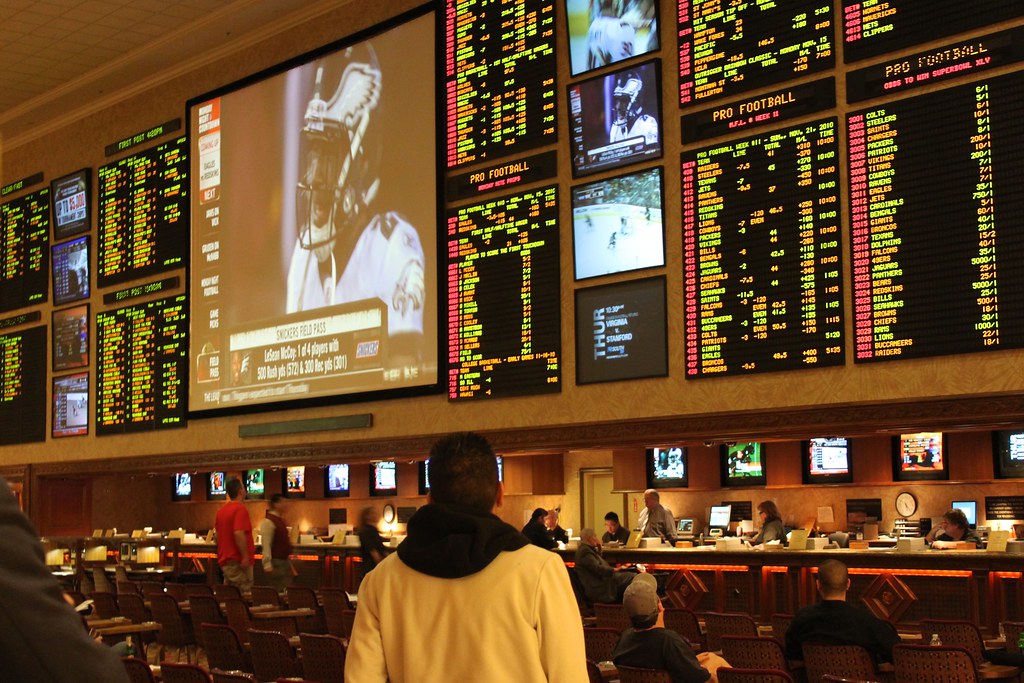Living on Livestock
October 18, 2013
Every Wednesday Dave Steinhauser gets up, drives 11 miles to Ann Arbor, and sets up his stand for another day at the Farmers Market. “I’ve been coming here for three years” he says, “I grew up on a farm, it was in our blood, and so did my wife. It was a natural extension just to go back to it.”
Before working with livestock, Steinhauser and his wife used to own an agricultural farm to make a living, because there wasn’t enough room for animals. But as they kept moving he found a place with enough land to start working with livestock. Starting out with only a handful of cows and chickens, his livestock grew and now he makes enough from them that he only grows a small amount of agriculture, including garlic, potatoes, and a little patch of corn.
Steinhauser actually owns two farms, one exclusively for hay, and one for growing crops and livestock. “The home farm is 22 acres, partially wooded,” said Steinhauser. Every morning he wakes up, feeds the calf’s, feeds the pigs, changes the water tank, and checks to see if the electric fence is working. Most days he also goes to the brewery to pick up grain to feed his animals. Sometimes he has to deliver and animal to one of the local businesses. He says that he often does the same thing every day.
A big part of Farmers Market for him is to give people the chance to be exposed to good, locally grown food. “I think it’s very good for all the local economies wherever, cause it’s spending your money in where you live.” he said. There weren’t many farmers markets when he was a kid, and he’s happy to see them showing up in more cities.
Steinhauser is not at all impressed by the use of chemicals to grow food or keeping his livestock in pens. His farm is completely organic, using no chemicals except ones that are naturally occurring. His dad would use chemicals on the farm that he grew up on. “ I’ve been around them, I’ve seen how they work, and I know what they do. And I saw that it was quite easy to get along without them so I just made that choice.” he says. His farm is also fenced, giving the livestock a chance to roam around and graze. He also rotates his crops, in order to keep the soil healthy and prevent the spreading of diseases among the plants.
Despite all that though, Steinhauser said that he is optimistic about the future of farming. “There are more small farmers, who don’t really use many chemicals, and their going to keep expanding and be easier on the earth. So, I think we’ll be ok.”









